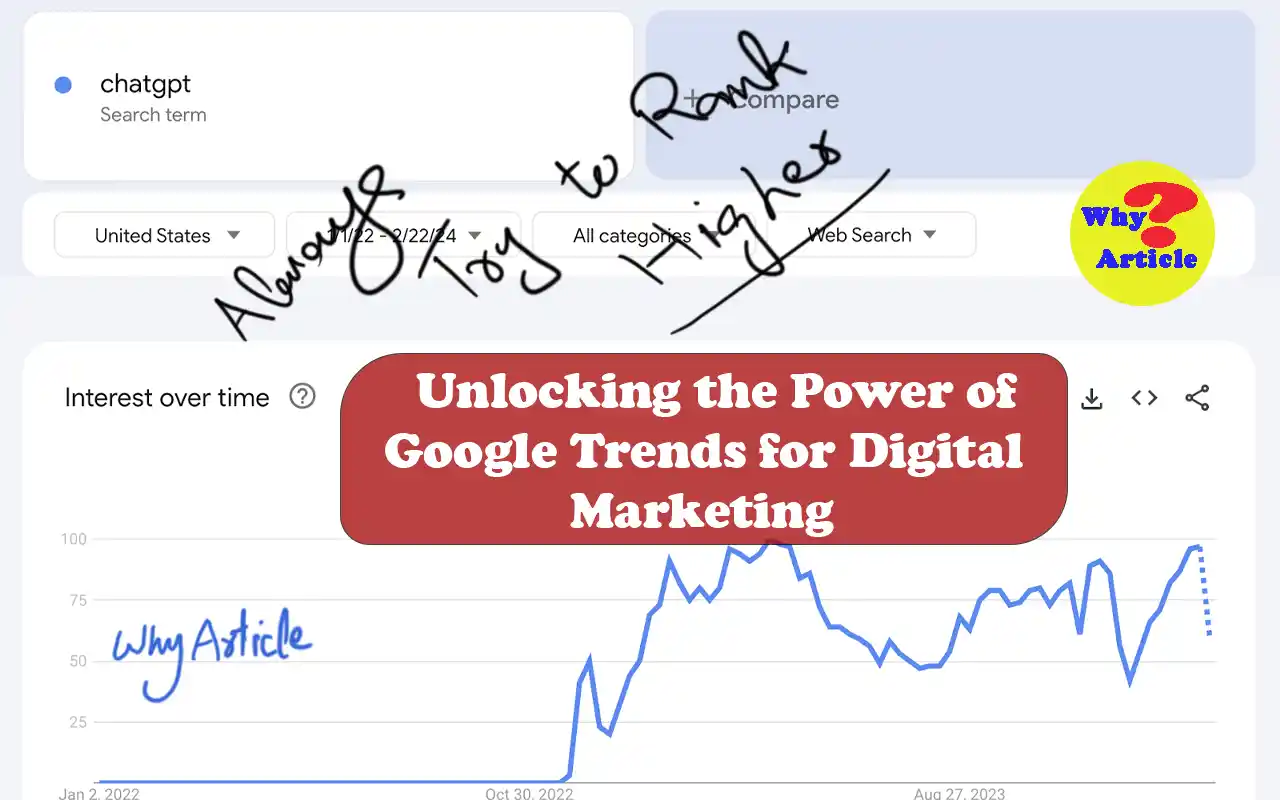Over the past few years, the way we work has changed dramatically. Remote work isn’t just a passing trend; it’s become a core part of how many businesses operate. Alongside this shift, marketing has also evolved, adapting to new digital platforms and strategies to connect with audiences. This evolution has led to a new era: remote marketing.
Remote marketing is all about using digital tools to promote products and services without needing to be physically present. It’s a game-changer for businesses adjusting to the increasing demand for remote work, pushing them to rethink their marketing approaches.
This article dives into the rise of remote marketing, its significance, and how it’s reshaping traditional marketing strategies with innovative engagement and brand promotion methods.
The Evolution of Remote Work Culture
Historical Context
Before the digital age, remote work was rare and often seen as unconventional. Jobs like farming or sales, where work happened away from a central office, were exceptions.
The lack of advanced technology made remote work less feasible. However, these early forms of remote work set the stage for today’s more widespread acceptance.
Technological Advancements
The rise of the internet and communication technologies like email, instant messaging, and video conferencing has made remote work more viable. Tools like cloud computing and remote access software have made it easier for employees to work from anywhere.
These advancements have not only made remote work possible but also more efficient and productive, encouraging many businesses to adopt remote work models.
Changing Attitudes
Attitudes towards remote work have shifted significantly among both employees and employers. Employees value the flexibility and work-life balance it offers, while employers see benefits like cost savings on office space and access to a broader talent pool.
This mutual recognition of benefits has made remote work more popular and accepted, transforming work culture and organizational structures.
What is Remote Marketing?
Remote marketing involves using digital technologies to reach and engage target audiences without physical presence. This includes content creation, social media management, email marketing, SEO, online advertising, and data analytics.
Remote marketing offers several advantages: it’s cost-effective, allows precise targeting, enables personalized messaging, and provides real-time feedback. These benefits help businesses expand their reach, increase brand awareness, and drive sales in today’s digital world.
Factors Driving the Rise of Remote Marketing
Several key factors are fueling the growth of remote marketing:
- Globalization and Market Expansion: Businesses are looking to reach beyond local markets, making remote marketing strategies essential to connect with diverse audiences worldwide.
- Cost-Effectiveness and Efficiency: Digital platforms offer a more economical way to reach target audiences compared to traditional marketing methods.
- Technological Innovation: Advances in communication and collaboration tools have revolutionized remote marketing, making it easier for businesses to engage with audiences across digital channels.
- Changing Consumer Behavior Post-Pandemic: The pandemic accelerated the shift towards digital interactions and e-commerce, prompting businesses to adopt remote marketing strategies to meet consumers in the digital spaces they now frequent.
Remote Marketing Strategies and Tactics
Content Marketing
Content marketing is crucial in a remote environment. Creating valuable and relevant content helps businesses engage with their target audience across various digital platforms.
This content can take many forms, including articles, videos, infographics, and podcasts. The goal is to capture attention and drive engagement.
Social Media Marketing
Social media marketing amplifies brand presence and builds relationships with consumers.
By actively engaging on social media platforms, businesses can interact directly with their audience, respond to feedback, and create a sense of community around their brand.
Email Marketing and Automation
Email marketing remains a powerful tool for delivering personalized messages to segmented audiences efficiently.
Automation helps streamline these efforts, ensuring timely and relevant communication.
Virtual Events and Webinars
Virtual events and webinars offer immersive experiences that engage audiences in real-time.
These events facilitate education, networking, and brand interaction, all without the need for physical presence.
Influencer Marketing
Influencer marketing leverages online personalities to extend brand reach and credibility.
Influencers can authentically promote products or services to their followers, helping businesses tap into new audiences.
Challenges and Considerations in Remote Marketing
Team Cohesion and Communication
Maintaining team cohesion and communication is vital in a remote work environment. Effective communication tools and strategies are essential for keeping team members connected and aligned.
Regular meetings, virtual coffee breaks, and collaborative platforms can help bridge the gap and promote transparency.
Read: How To Build a Strong Culture with a Remote Team: 8 Practical Ideas
Data Security and Privacy
Ensuring data security and privacy is critical in remote work settings.
Implementing robust security measures like encryption protocols and access controls helps protect sensitive information and maintain trust with clients and stakeholders.
Cultural and Time Zone Differences
Adapting to cultural and time zone differences can be challenging for remote teams. Flexibility and empathy are needed to accommodate diverse perspectives and schedules.
Establishing clear communication norms and regular check-ins can help mitigate misunderstandings and promote inclusivity.
Digital Divide and Accessibility
Addressing the digital divide and accessibility issues is essential for ensuring equitable opportunities for all team members.
Providing reliable internet access, assistive technologies, and training programs can help bridge gaps and promote inclusivity.
Future Trends and Predictions for Remote Marketing
AI and Machine Learning
AI and machine learning are transforming remote marketing by analyzing data to personalize strategies, optimize targeting, and predict consumer behavior.
These technologies lead to more effective and efficient campaigns.
Virtual and Augmented Reality
Virtual reality (VR) and augmented reality (AR) are becoming more prevalent in marketing campaigns.
These technologies offer immersive experiences that captivate consumers, enhancing brand storytelling and interaction.
Evolving Remote Work Policies
As remote work policies evolve and hybrid models become more common, businesses face new challenges and opportunities. Maintaining team cohesion, ensuring data security, and adapting to diverse cultural and time zone differences are critical.
However, these challenges also present opportunities for innovation and growth as businesses leverage technology and adapt their strategies to meet the changing needs of remote consumers.
Conclusion
The rise of remote marketing has fundamentally transformed business operations and consumer engagement. Driven by globalization, technological advancements, and changing consumer behaviors, this shift underscores the importance of adapting to digital channels. Businesses must embrace remote marketing to stay competitive and relevant in today’s interconnected world.
By integrating remote marketing strategies, businesses can capitalize on growth opportunities and innovation in the digital realm. The future promises continued evolution and adaptation as technology and consumer preferences shape the way businesses connect with their audiences.
Frequently Asked Questions
Remote marketing involves using digital tools and platforms to promote products and services without physical presence. It includes content creation, social media management, email marketing, SEO, online advertising, and data analytics.
Remote marketing is important because it allows businesses to reach and engage with their target audiences in a cost-effective, efficient, and personalized way. It helps expand reach, increase brand awareness, and drive sales.
The pandemic accelerated the shift towards digital interactions and e-commerce, leading businesses to adopt remote marketing strategies to meet consumers in digital spaces.
Key strategies for remote marketing include content marketing, social media marketing, email marketing, virtual events and webinars, and influencer marketing.
Challenges include maintaining team cohesion and communication, ensuring data security and privacy, adapting to cultural and time zone differences, and addressing the digital divide and accessibility issues.
Future trends include the integration of AI and machine learning, the growth of VR and AR in marketing campaigns, and the evolution of remote work policies towards hybrid models.




